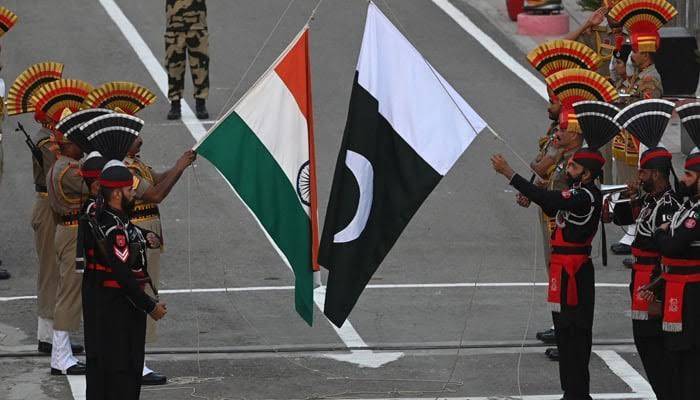Pakistan, India engage in talks to address longstanding dispute
Shares

In Vienna, a two-day meeting was convened by a neutral expert to address the enduring water dispute between Pakistan and India. India's lead counsel, senior advocate Harish Salve, represented India during the meeting, which took place at the Permanent Court of Arbitration.
This meeting was organized at India's request under the framework of the Indus Waters Treaty and saw the participation of representatives from both nations. Earlier this year in July, the Permanent Court of Arbitration (PCA) had dismissed India's objections to its jurisdiction over the water dispute related to two significant hydropower projects.
The PCA affirmed its competence to address matters concerning the Kishanganga and Ratle hydroelectric projects, which have long been contentious issues between the two nuclear-armed neighbors. This ruling followed a protracted legal battle between India and Pakistan, which also have various other disputes, including territorial and maritime conflicts. Both countries share the waters of six rivers under the Indus Waters Treaty (IWT), an agreement mediated by the World Bank in 1960.
According to the IWT, the waters of the eastern rivers are allocated to India (Sutlej, Beas, and Ravi), while the western rivers go to Pakistan (Indus, Jhelum, and Chenab). Pakistan has accused India of continuous treaty violations through the construction of dams on the western rivers, while India maintains concerns about water control under the treaty.
Additionally, India has ongoing water disputes with China, particularly related to dam construction and proposed changes to the Brahmaputra River's flow, which originates in Tibet and serves a substantial portion of India's irrigation needs.
